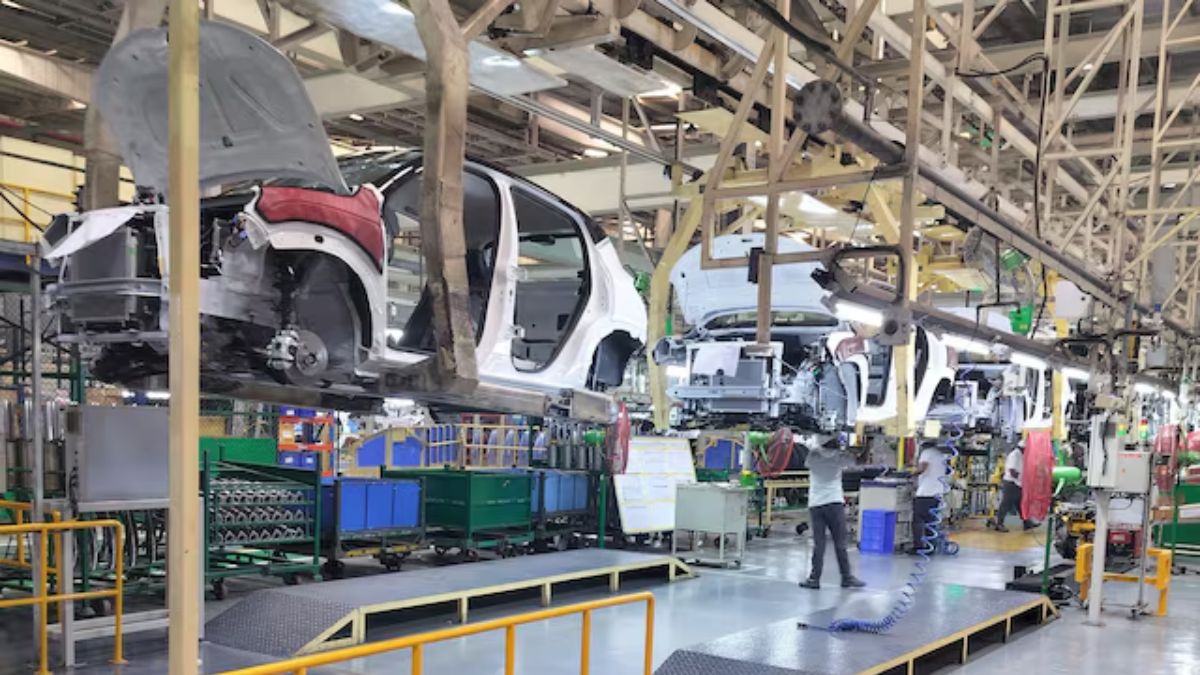In his latest salvo on global trade, US President Donald Trump has floated tariffs to the tune of 25 per cent on automobiles, semiconductors, and pharmaceuticals.
The announcement comes days after Trump imposed 25 per cent tariffs on steel and aluminium. He has also announced reciprocal tariffs on all countries. The idea behind reciprocal tariffs is that the United States will impose the same kind of tariffs on other countries’ products that those countries impose on US products.
In an interaction with the media at his Mar-a-Lago club in Florida, Trump said that he will impose tariffs “in the neighborhood of 25 per cent” on automobiles, semiconductors, and pharmaceuticals. He said that would allow “a little bit of a chance” to companies to move production to the United States or invest in the United States to avoid tariffs. He indicated that these tariffs may come into effect as early as April 2.
Trump further said that tariffs would “go very substantially higher over the course of the year” without giving any specifics.
Trump has long complained that the world treats the United States unfairly in trade. He has particularly railed about how other countries do not buy US cars whereas they sell cars made in their countries in the United States easily. He has particularly been critical of Europe that has 10 per cent tariffs on automobile imports, four times of what the United States imposes.
It is not yet clear if the 25 per cent tariff on automobiles would also apply to Mexico, which secured a reprieve last month along with Canada. Mexico is home to a large US-centric automobile industry. Tariffs would not just be damaging to the industry but also to US costumers who would be required to pay more.
Impact Shorts
More ShortsThe global automobile industry has already been disrupted by the transition to electric vehicles and flooding of the market by artificially discounted Chinese cars. Another round of disruption from Trump’s tariffs could be damning to the industry.


)

)
)
)
)
)
)
)
)



